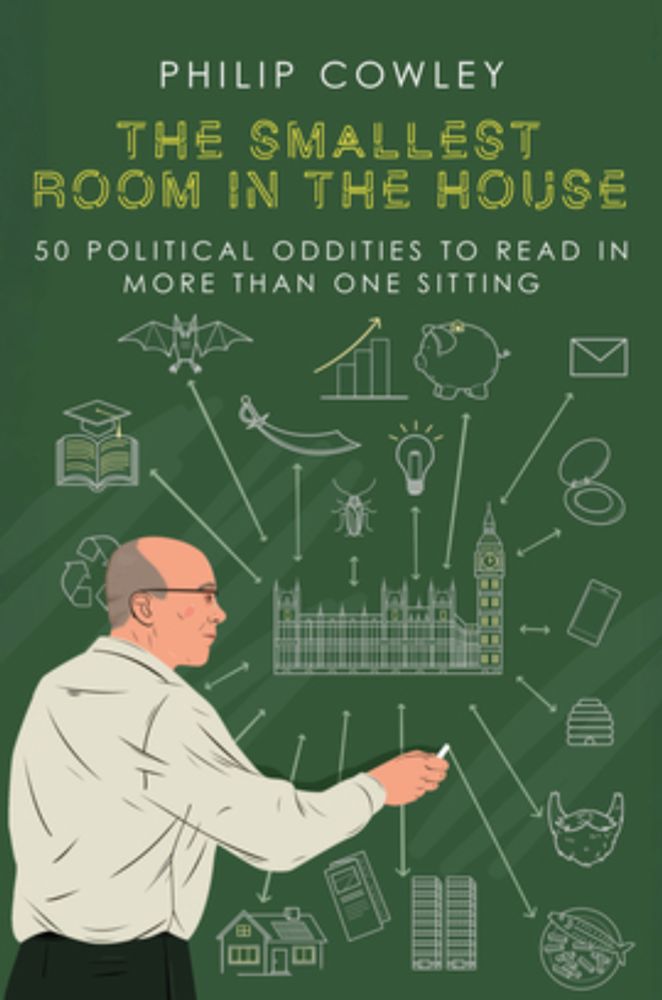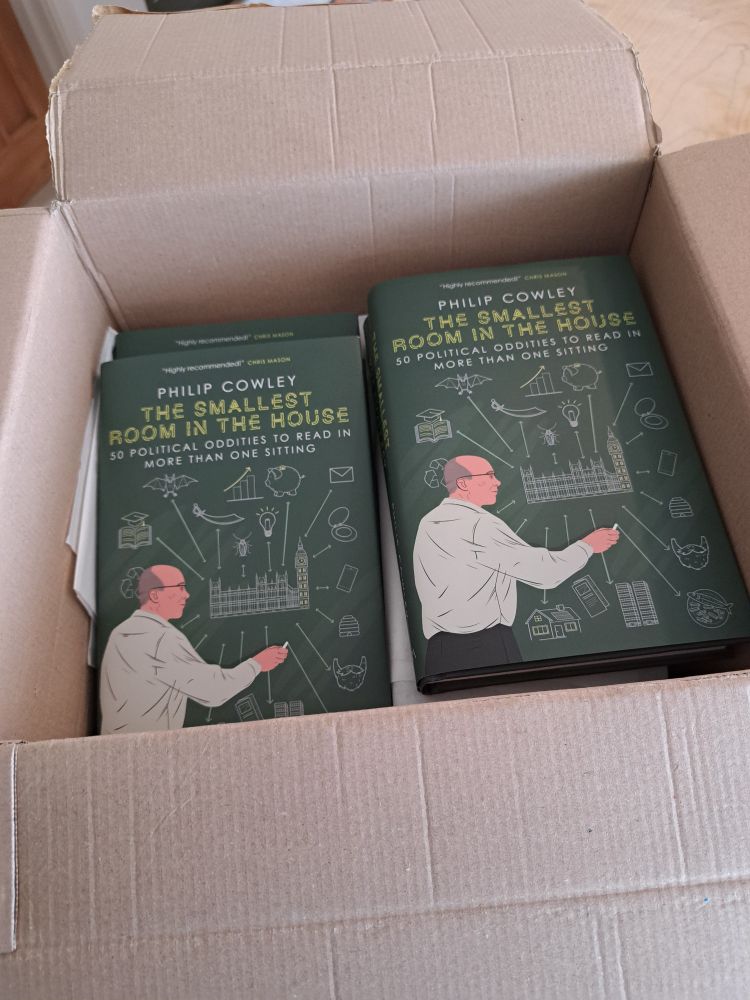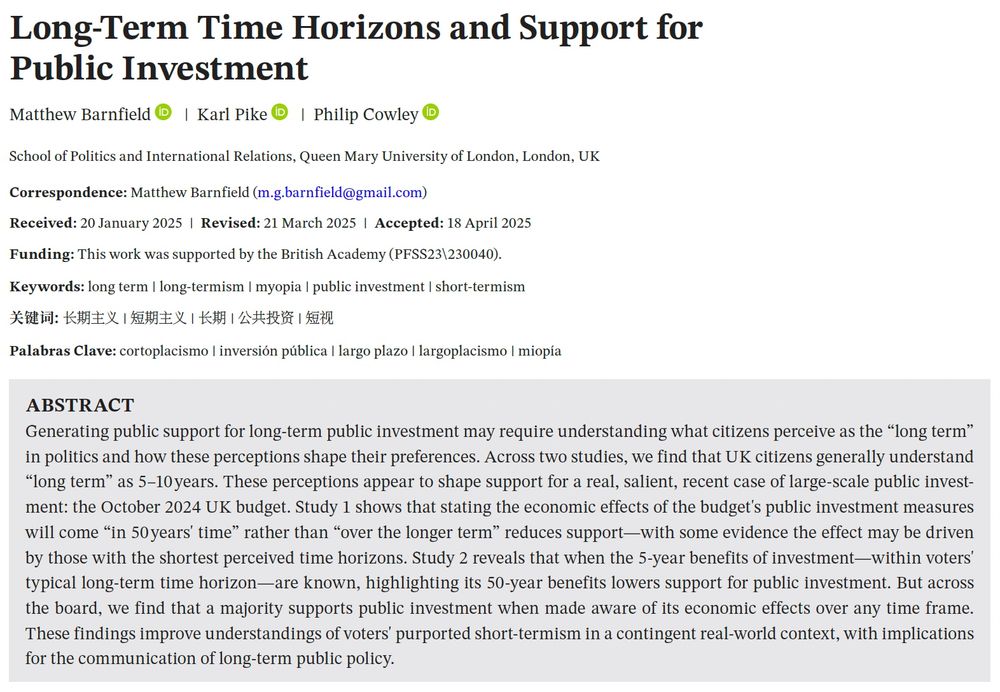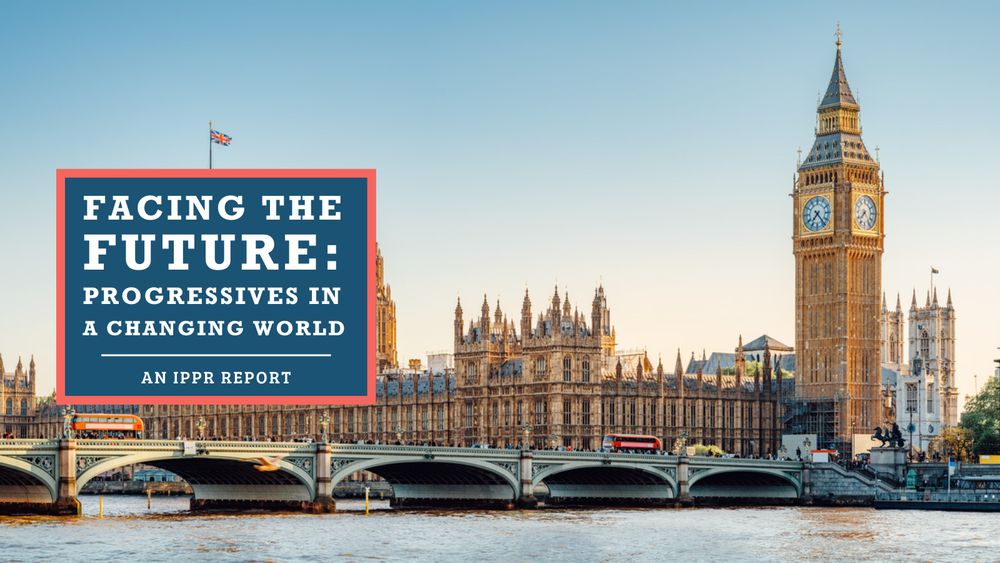Karl Pike
@karlpike.bsky.social
980 followers
350 following
45 posts
Senior Lecturer in Public Policy at Queen Mary University of London. Book: Getting Over New Labour.
Posts
Media
Videos
Starter Packs
Reposted by Karl Pike
Reposted by Karl Pike
Reposted by Karl Pike
Reposted by Karl Pike
Reposted by Karl Pike
Reposted by Karl Pike
Reposted by Karl Pike
Reposted by Karl Pike
Philip Cowley
@philipjcowley.bsky.social
· Jun 12

The Smallest Room in the House
The best politics “loo” book you will ever buy! Based on Philip Cowley’s fascinating column in The House magazine, this is a book perfect for multiple sittings, discussing the politi...
www.bitebackpublishing.com
Reposted by Karl Pike
Reposted by Karl Pike
Reposted by Karl Pike
Reposted by Karl Pike
Nick Garland
@npjgarland.bsky.social
· May 23
Reposted by Karl Pike
Reposted by Karl Pike
Karl Pike
@karlpike.bsky.social
· May 8
Reposted by Karl Pike
Jane Green
@profjanegreen.bsky.social
· May 8























